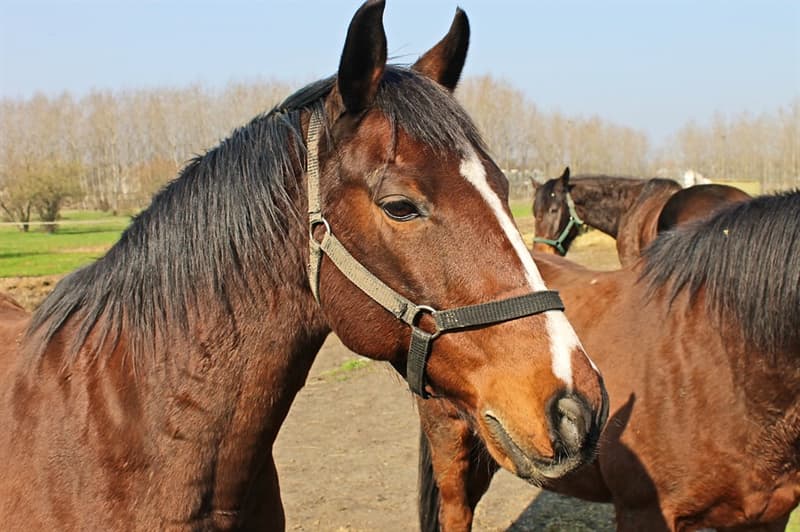Rats and horses can t vomit

Rats and Horses Can’t Vomit


Have you ever wondered why rats and horses never seem to vomit? It may seem like a strange fact, but it’s true. Unlike humans and many other animals, rats and horses are physically unable to vomit. This ability, or rather inability, is due to their unique anatomy and the physiology of their digestive systems.
Rats and horses have a specialized structure in their esophagus known as the cardiac sphincter, which separates the esophagus from the stomach. Unlike humans, who have a relatively weak cardiac sphincter, rats and horses have a powerful and tight one. This muscular valve prevents the stomach contents from traveling back up into the esophagus.
In the case of horses, vomiting would be particularly problematic due to their large size and horizontal esophagus. The inability to vomit not only keeps them from expelling stomach contents but also prevents the risk of choking, which can be a severe and potentially fatal condition for them.
The evolutionary reason behind this inability lies in the diet and eating habits of rats and horses. Both animals are herbivores, and their diets consist mainly of fibrous plant materials that require longer digestion times for proper absorption of nutrients. This slow digestion process allows them to extract as much nutrition as possible from their food, but it also means that their stomach contents are not easily expelled.
While the inability to vomit may seem like a disadvantage, it actually serves as a protective mechanism for rats and horses. It prevents them from consuming toxic or harmful substances that could be dangerous if regurgitated. Instead, these animals have developed other ways to cope with potential toxins, such as the ability to produce significant amounts of saliva to dilute harmful substances.
It is worth noting that while rats and horses cannot vomit, they do possess an efficient system for excreting waste. Rats, for instance, have a unique way of eliminating toxins by converting them into harmless compounds through their liver and kidneys. On the other hand, horses rely on their large intestine to efficiently eliminate waste and maintain their digestive balance.
In conclusion, the inability of rats and horses to vomit is not a strange anomaly, but a perfectly normal aspect of their unique anatomy and digestive systems. It allows them to adapt to their herbivorous diet and prevents potential risks associated with regurgitating harmful substances. So, the next time you come across a rat or see a horse, remember that they possess this fascinating physiological characteristic that sets them apart from many other animals.
Source: Smithsonian Magazine - Why Rodents Can’t Throw Up, In Case You Were Wondering
Related Posts
Quick Links
Legal Stuff

